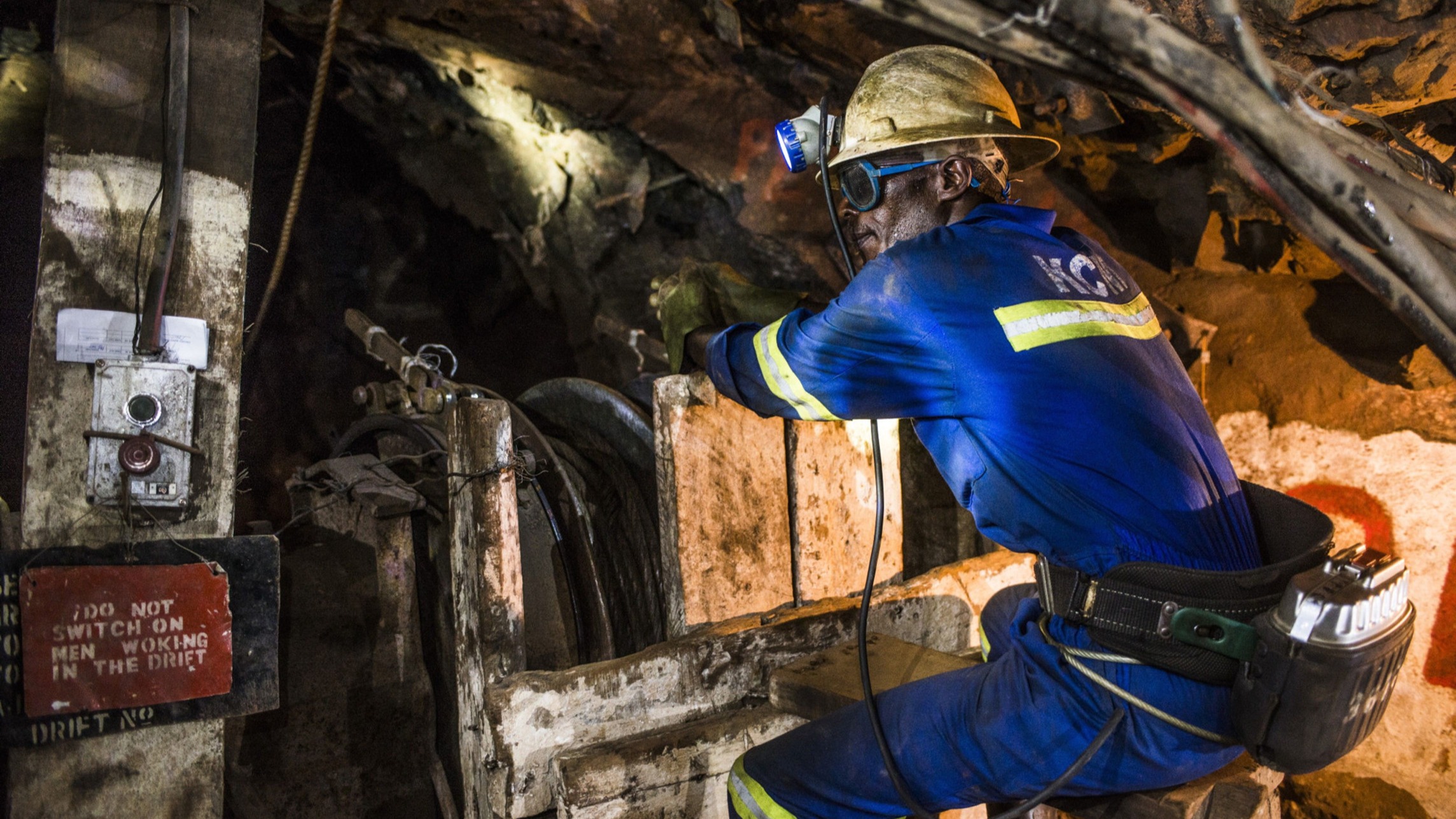Vedanta Resources’ Merger Exploration: Implications for Zambian Copper Mine and Indian Unit 2023

Vedanta Resources’ Merger Exploration: Implications for Zambian Copper Mine and Indian Unit 2023
The Indian mining giant Vedanta (VEDL), which has its London headquarters, would consider acquiring Konkola Copper Mines (KCM) at the “right valuation” even as it begins to integrate all of its copper companies.
The Zambian government recently transferred ownership and operating control of KCM to the corporation, according to a recent announcement from VRL, the parent company of the Mumbai-listed VEDL.

The combination of KCM and Sterlite Copper, he continued, will result in a vertically integrated copper company that will be advantageous for the expansion of both companies as well as India. “A vital mineral for India’s energy revolution is copper. Numerous MSMEs will sprout up, generating employment and income, he continued.
A crucial metal for global decarbonization is copper. The market is expanding quickly. India experiences yearly growth of around 20%. Vedanta bought KCM in 2004 and earned a profit even though the price of copper was just $4,000 globally at the time. The profitability will be considerably higher now that copper prices are about $8,500 globally and technologies are lot more advanced, he noted.
The previous Zambian government of Edgar Lungu liquidated KCM provisionally in 2019 after charging VRL with lying about its development plans and tax payments. These had started a number of court cases. Current President Hakainde Hichilema reportedly put an end to a four-year legal dispute over its ownership.

VRL and ZCCM Investments Holdings, which is controlled by the Zambian government, have settled their differences.
“The KCM to VRL relationship is timely. It boasts some of the greatest cobalt and copper reserves in the world, both of which are crucial for the shift to renewable energy, according to Agarwal’s tweet from Tuesday.
Vedanta Resources, the natural resources conglomerate with a global footprint, is considering the merger of its Zambian copper mining unit with its copper business in India. The move comes as the company aims to streamline its operations and achieve better economies of scale.
This proposed merger has garnered attention not just from business circles but also from policymakers and social activists. In this article, we delve into the various dimensions of the merger, its strategic implications, and what it means for the stakeholders involved.
Vedanta Resources is a globally diversified natural resources company with a focus on zinc, lead, silver, copper, iron ore, and aluminum. Its copper operations span across the globe, with a significant presence in Zambia and India.
The Zambian unit, primarily operated through its subsidiary Konkola Copper Mines (KCM), has been a crucial part of Vedanta’s copper portfolio. The Indian copper operations, on the other hand, are managed through Vedanta Limited, a subsidiary listed on the Indian stock exchanges.

The proposed merger aims to create synergies by streamlining copper extraction and processing activities. By merging the two units, Vedanta expects to achieve higher efficiency and lower operational costs, making its copper business more competitive globally.
Another significant advantage of the merger would be the optimization of the supply chain. The Indian market has a growing demand for copper, driven by infrastructure projects and the electrical industry. A merger could potentially secure a more consistent raw material supply for Vedanta’s Indian operations.
Vedanta’s Zambian operations have faced financial challenges in the past, including issues related to taxation and legal disputes with the Zambian government. The merger with the Indian unit could serve as a strategy for financial restructuring, enabling the company to refinance its debt and manage operational costs more effectively.

The merger would involve navigating complex legal frameworks, including international laws, taxation norms, and trade regulations. Given that the operations span across two countries, Vedanta will need to obtain regulatory approvals from both the Zambian and Indian governments. Additionally, the company may face scrutiny from environmental agencies and social advocacy groups concerned about mining practices and community impacts.
From an investor’s perspective, the merger could offer a more integrated and financially stable business model, potentially making Vedanta’s copper business a more attractive investment opportunity.
The impact on local communities, particularly in Zambia, will be a focal point of discussions. While Vedanta argues that a more efficient operation would secure jobs and contribute to economic development, critics worry about the potential for environmental degradation and social disruption.
For the workforce, the merger could be a mixed bag. On the one hand, a more efficient operation could ensure job security for many; on the other, the streamlining process may result in layoffs.

The proposed merger between Vedanta Resources’ Zambian copper mine and its Indian copper unit is a multi-faceted venture with both opportunities and challenges. The move aims to create a more competitive and sustainable copper business but is fraught with complex legal, social, and environmental implications. As the merger process moves forward, the focus will undoubtedly be on how Vedanta navigates these complexities to create value for its stakeholders while responsibly managing its impact on communities and the environment.



